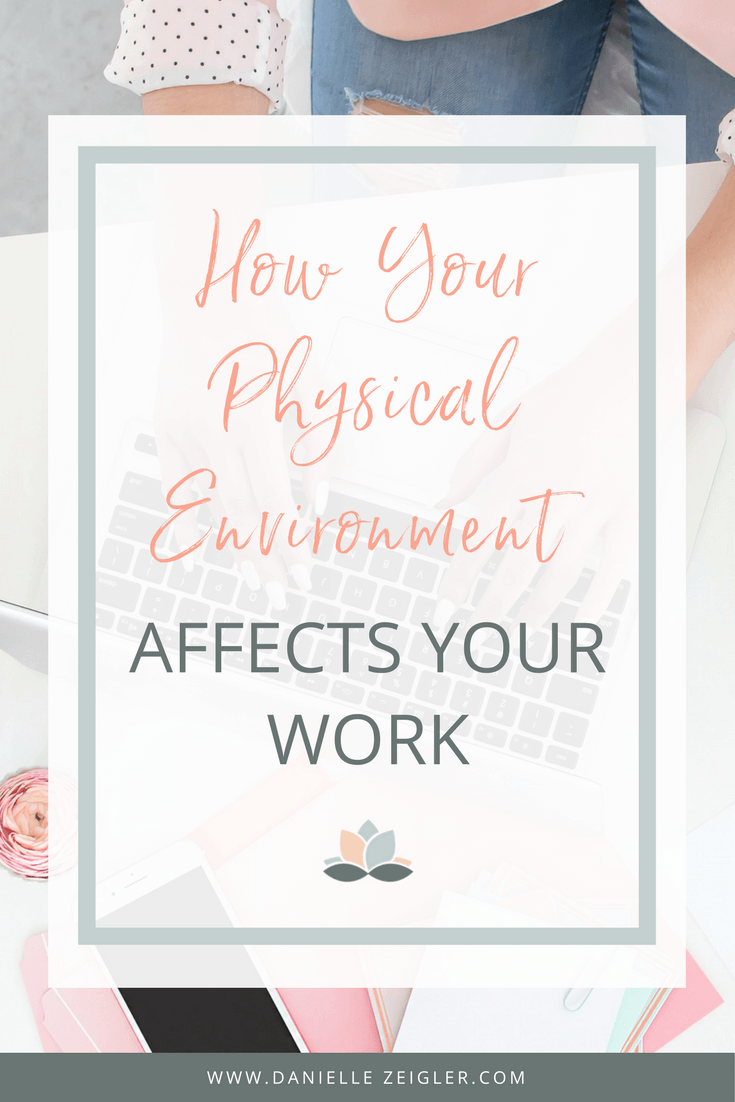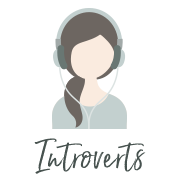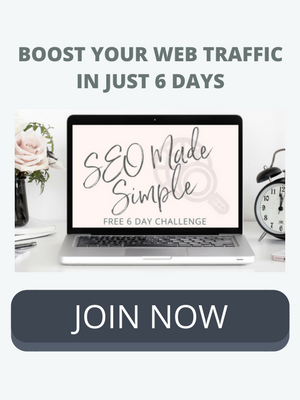How Your Physical Environment Affects Your Work
/Have you ever noticed that you seem to get more work done when you go to a coffee shop? Or maybe you get more done when you shut yourself in your office? This quote sums it up:
"You are a product of your environment."
– W. Clement Stone
Our physical environment can greatly impact our internal state and, therefore, our productivity.
In this post, we’ll discuss:
Pros and cons of four common work environments for entrepreneurs or remote workers
Tips from a Feng Shui expert to mentally separate work from home & the effects of clutter
Four big productivity disrupters
Six ways to improve your work environment
Pros + Cons of 4 Common Work Environments
Home Office
Setting up a dedicated home office might seem like the best solution at first, but there are a few pros and cons to consider.
One huge benefit is having control over the look and feel of the office (visuals, sound, smells.) Not only can you decorate it however you'd like, but you also have easy access to all of your supplies.
There's also the aspect of comfort. You're in your home with no commute and can dress however you want. (I know it's recommended to get dressed every day, but honestly, most of my days are spent in yoga clothes. We'll just save that for a separate discussion.)
The first downside is getting distracted by household chores or other people who may be home is easier. Even disciplined workers can get thrown off by family obligations.
The second downside is that it may be harder to mentally separate work from home despite having a separate room.
So how can you mentally separate work from home?
According to Feng Shui Expert, Lia Menna Gross, there are a few Feng Shui techniques that can be utilized for this purpose.
"If you have a dedicated home office, the solution is simple - shut the door with intention. Your intention is what you tell yourself you'll be doing:
'I am done working for the day when my door is shut,' or 'By closing my door, I am pushing pause on work for today.' The closed door becomes the physical reminder of your intention.
For those of you who use a shared space for an office, you can place a decorative partition at your desk to keep it concealed from sight after working hours. Do this with the intention of returning back to home life when the partition is up.
Coffee Shop
Coffee shops have been a long-time favorite of writers, freelancers, and the newer-aged digital nomads. There's even a website solely dedicated to giving the coffee shop ambiance so you can play it in the background anywhere.
The biggest problem I've encountered (aside from spending too much money on coffee and food!) is the background noise during meetings. Last week I tried moving to an outside table and still had to battle the sounds of wind, a train, a helicopter... (it was never-ending).
I think there is such a thing as a noise-canceling headset, so that might be worth a try (unless I made it up).
Friends/Relatives Houses
Most of us will find ourselves working from a friend or relative's house from time to time. The ability to do this is great, but if they don't understand your lifestyle/work situation, you may get interrupted often.
Hotel Room
I tend to get A LOT done when I'm traveling and have extra time in my hotel room.
The room is usually clean with minimal furniture, it's quiet, and I can't be distracted by household chores.
Sarah Von Bargen wrote a great post about using a hotel room as a DIY writing retreat. It's brilliant.
4 Big Productivity Disruptions
Clutter
If you haven't already noticed it, start paying attention to how you feel when your house or office is cluttered. Chances are it makes it harder to stay focused.
Lia believes that clutter is the #1 culprit for lost time and amped-up levels of stress and anxiety in work environments. And there's scientific evidence to support this.
"Notice how much time you're spending shuffling through paperwork or clutter-filled drawers to find something you need. If it's multiple minutes at a time, you may want to consider decluttering. Start small. Pick one desk drawer and get to work throwing out anything you no longer use or desire. Set an intention to declutter one desk drawer a day."
Noise
Some people are more sensitive to noises than others, and it can depend on your project. It's worth taking note of, though.
I have trouble reading and writing in-depth pieces unless it's very quiet.
And as I mentioned above, background noise can be distracting if you're in a meeting.
People
Again, this is situational, but people in general are very distracting.
When I worked in an office, I had zero control over people walking up to my desk, which would make me lose momentum on a task.
Cell Phone / Social Media
How much time are you spending checking social media? Or checking texts as soon as they come in?
Continued Reading: The True Cost of Multi-Tasking by Psychology Today
6 Ways to Improve Your Work Environment
Colors
How colors affect your mood is one of my favorite topics.
Feelings associated with colors:
Red: Exciting, energizing, hot, passionate, impulsive, dramatic, aggressive, dangerous
Yellow: Joyful, stimulating, friendly
Brown: Earthy, grounded, steady, natural, durable
Black: Powerful, sophisticated, elegant, depressed, mourning
White: Pure, clean, innocent, bright, clinical, cold
Blue: Calm, peaceful, clean, strong
Green: Natural, healthy, life, growth, spring, renewal
Get a full list in my post about choosing the right colors for your brand.
Lighting
Natural lighting is best and will help you feel awake and alert.
Fluorescent lighting can cause anxiety in some people, as well as trigger migraines (my personal experience).
Furniture
Try to find a nice balance between functional yet aesthetically pleasing furniture.
That cute chair that hurts your back after a few hours isn't worth it.
Decor
Adding a few pieces of your favorite artwork or touches of a positive color from the list above could have a big impact. The better your office looks, the more excited you'll be to spend time there.
Candles/scents
Lighting a candle of your favorite scent can instantly add a positive touch to your office, or try calming scents like lavender if you're having a particularly stressful day.
Energy
Most importantly, it all comes down to how you mesh with the energy of the environment.
If you feel it's situational (which is the case for me), do some tests. Maybe you write better in your home office but brainstorm better in a coffee shop.
Keep track of how you feel in each environment and what type of project you were working on. You'll notice patterns, and soon you'll know where to go to work the most efficiently for each project.
In the Comments:
Describe the environment where you feel the most productive. Does it depend on the project?
Post originally published October 28, 2015.
Updated March 1, 2024 with tips from Feng Shui expert Lia Menna-Gross, whose Feng Shui Prescription course majorly improved my home environment. This is not a paid endorsement.











